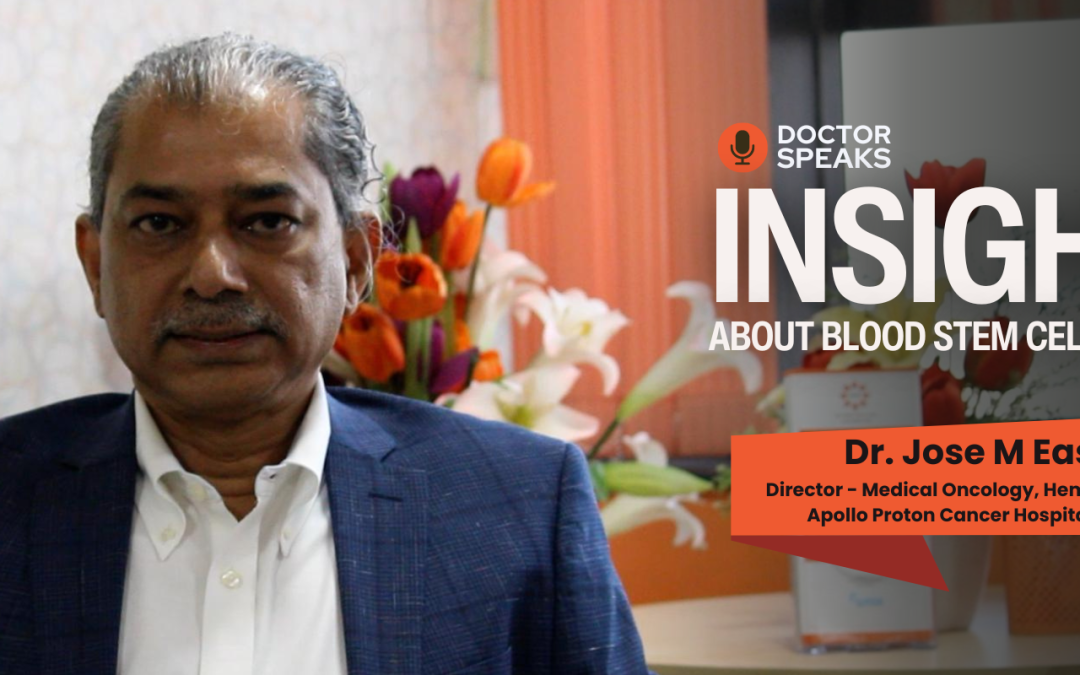Introduction:
Blood stem cell donation is a noble act that has the potential to save lives. However, ensuring the safety of both the donor and the recipient is of paramount importance. In a recent interview with Dr. Jose M Easow from Apollo Hospitals, we gained valuable insights into the significance of donors sharing their past medical history and medication details. Let’s delve into the key points emphasized by Dr. Easow to understand why transparency is crucial in the blood stem cell donation process.
Medical History Matters:
Dr. Easow emphasizes the importance of donors sharing their past medical history. Certain medical conditions may make it unsafe for individuals to donate blood stem cells. By openly discussing their medical history, donors can help the apheresis doctor and the medical team to make informed decisions about the donation process. This transparency ensures that the donor’s well-being is prioritized.
Safety First:
The primary goal of any blood stem cell donation is to save lives while ensuring the safety of both the donor and the recipient. Donors must disclose any medical conditions that may pose risks during the donation process. This information enables medical professionals to assess the suitability of the donor and make decisions that prioritize everyone’s safety.
Medication and Stem Cell Quality:
Dr. Easow points out that donors should communicate if they are currently on any medications. While many medications are safe, some may impact the quality of the donated stem cells. Certain medications may not be conducive to the donation process, potentially affecting the viability of the stem cells and leading to adverse effects for the patients receiving the transplant. Open communication about medications ensures that the stem cells collected are of the highest quality.
Continuing Safe Medications:
It’s essential to note that the majority of medications are safe, and donors can continue taking them while donating blood stem cells. Dr. Easow encourages donors to maintain their health and well-being by following their prescribed medication regimen. This ensures a balance between the donor’s health and the success of the donation process.
Conclusion:
In the world of blood stem cell donation, transparency is key. Dr. Jose M Easow’s insights shed light on the importance of donors openly sharing their medical history and medication details. This transparency not only safeguards the well-being of the donors but also ensures the effectiveness of the donated stem cells in potentially life-saving transplants. As we continue to encourage and applaud the selfless act of blood stem cell donation, let us also emphasize the significance of open communication to guarantee a safe and successful donation process.

